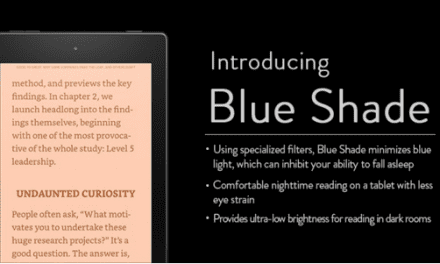The advent of small, energy efficient, and affordable trackers and apps has enabled us to quantify a large proportion of our daily lives, for better or worse. This increasing obsession with quantification is being identified as a problem in its own right by sleep experts.
Apps and technology that track sleep take many forms. Typically, these will rely on a mixture of movement and heart rate data to assess a myriad of sleep statistics. However, these trackers and apps rely on best guesses at what’s happening while you lie in bed, and they pale in comparison to the gold-standard sleep laboratory setup, which combines brain imaging, eye movement, breathing, muscle and skeletal movement, and heart rate data to give an accurate assessment of sleep.
Nonetheless, we still find ourselves marveling that we got two percent extra REM sleep or deep sleep the previous night. On the surface this may seem harmless, but it can also prime us to be dissatisfied with our sleep when there is no reason to be.



